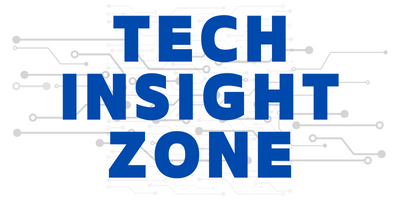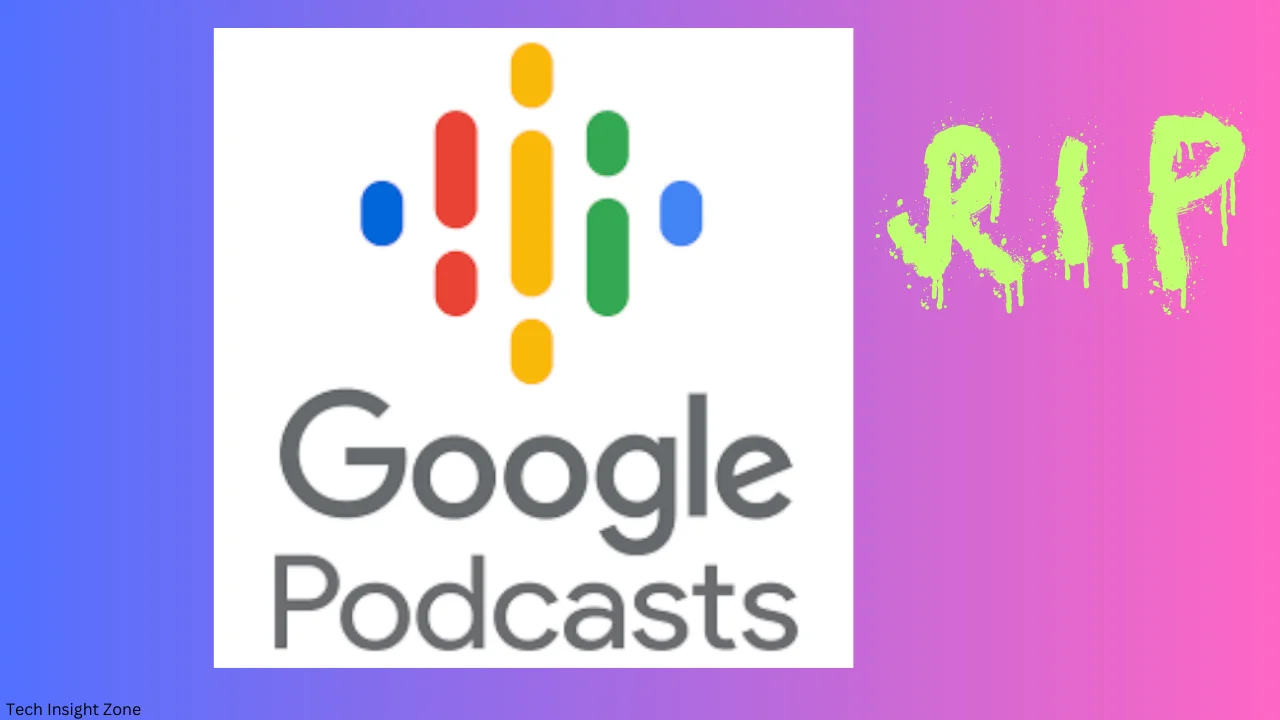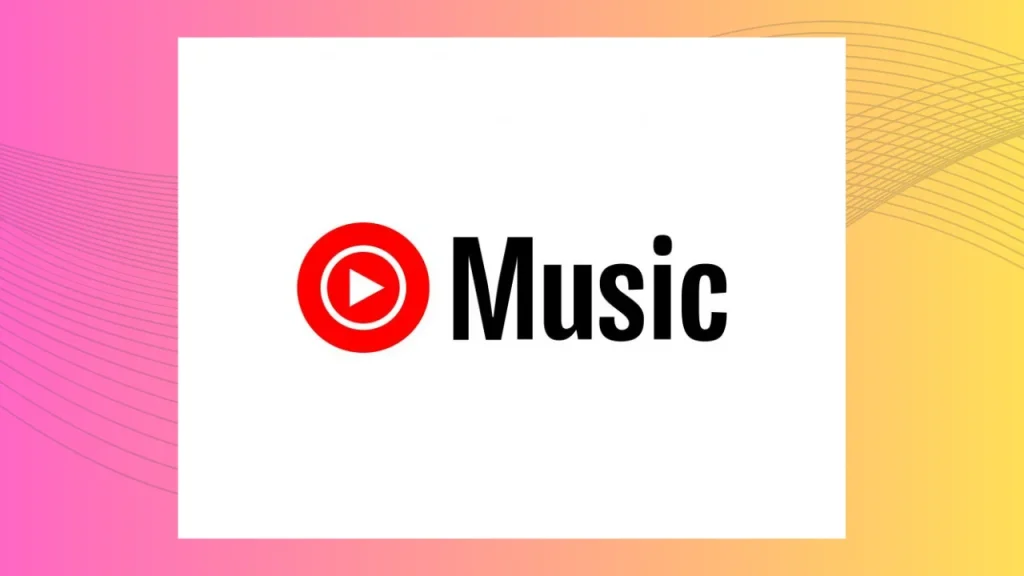Google has announced the closure of its dedicated Podcasts app, marking a shift towards a centralized audio platform. This move aims to streamline content consumption by integrating podcasts with YouTube Music.
Let’s delve into the reasons behind this decision, its implications for users, and the new podcast features coming to YouTube Music.
Why is Google Shutting Down the Podcasts App?
- One-Stop Shop for Audio: Google’s primary motivation appears to be user convenience. By merging music and podcasts under one roof (YouTube Music), users can access all their audio needs without switching between apps. This eliminates the need to juggle separate platforms for music playlists and favorite podcasts.
- Boosting Podcast Discovery: Statistics suggest a lower user base for Google Podcasts compared to YouTube Music for podcast consumption. This consolidation could potentially expose a wider audience to podcasts within the established YouTube Music platform. By leveraging YouTube’s recommendation algorithms for both music and video content, Google might be able to personalize podcast recommendations and introduce users to new shows based on their listening habits.
What Does This Mean for Users?
a. Deadline for Migration:
Users have a deadline of April 2nd to migrate their podcast subscriptions and listening habits to YouTube Music. This includes transferring playlists, listening progress, and potentially even podcast recommendations (if the feature is available in YouTube Music). After this date, core functionalities of the Podcasts app, such as playback and episode management, will be disabled.
b. Exporting Subscriptions for Choice:
Google understands that users might have established preferences for podcast apps beyond YouTube Music. To cater to this, they offer an option to export podcast subscriptions as an OPML file. This file format allows users to import their subscriptions into other compatible podcast apps, providing them with some level of choice beyond the YouTube Music platform.
c. Addressing Feature Parity Concerns: While Google aims to provide a seamless transition, some users might miss specific features from the Podcasts app. These could include:
- Dedicated Podcast Interface: The Podcasts app offered a dedicated interface specifically designed for podcasts, potentially including features like episode lists, show descriptions, and dedicated playback controls. YouTube Music may need to integrate these functionalities seamlessly to avoid a jarring user experience.
- Streamlined Episode Management: Managing podcast subscriptions and downloaded episodes might have been more streamlined in the Podcasts app. YouTube Music will need to offer features that allow users to easily manage their podcast library, including functionalities for downloading episodes, marking episodes as played, and organizing playlists.
Will YouTube Music Fully Replicate the Podcasts App Experience?
To address the concerns of migrating users and provide a more feature-rich experience, Google is actively enhancing YouTube Music’s podcast capabilities. Some anticipated features include:
- RSS Feed Support: This will be a crucial feature for users accustomed to subscribing to podcasts through their unique RSS feeds. This functionality allows for direct control over podcast subscriptions, similar to what the Podcasts app offered.
- Improved Playback Controls: Users can expect refined playback controls for podcasts, potentially including features like variable speed playback, allowing for faster or slower listening experiences, and chapter navigation for podcasts with segmented content.
- Podcast Recommendations: As mentioned earlier, YouTube Music might leverage its recommendation algorithms to suggest new podcasts based on listening history and user preferences. This could be a valuable tool for users looking to discover new shows that align with their interests.
The Future of Audio Consumption on YouTube
While this move highlights Google’s commitment to YouTube as a dominant player in the audio space, there are still some uncertainties. Will YouTube Music successfully integrate all the functionalities and offer the user experience that podcast enthusiasts have come to expect?
How will existing YouTube Music users react to the influx of podcasts and potential changes to the platform’s interface?
The success of this transition will hinge on how effectively YouTube Music addresses user concerns and delivers a robust podcast experience that rivals (or even surpasses) the dedicated Podcasts app. Only time will tell if this consolidation will ultimately benefit both users and Google’s overall audio strategy.
Amidst Google’s Podcasts App closure, listeners scramble for alternatives. But there’s more stirring in the tech world: ASUS’s ROG Maximus Z790 Apex Encore, a powerhouse motherboard, is making waves.
With Google nudging towards YouTube Music, tech enthusiasts seek innovation elsewhere. Harnessing unseen power, the ASUS ROG Maximus Z790 Apex Encore promises a gaming and computing experience like never before. Discover the future of entertainment and performance seamlessly intertwined.





